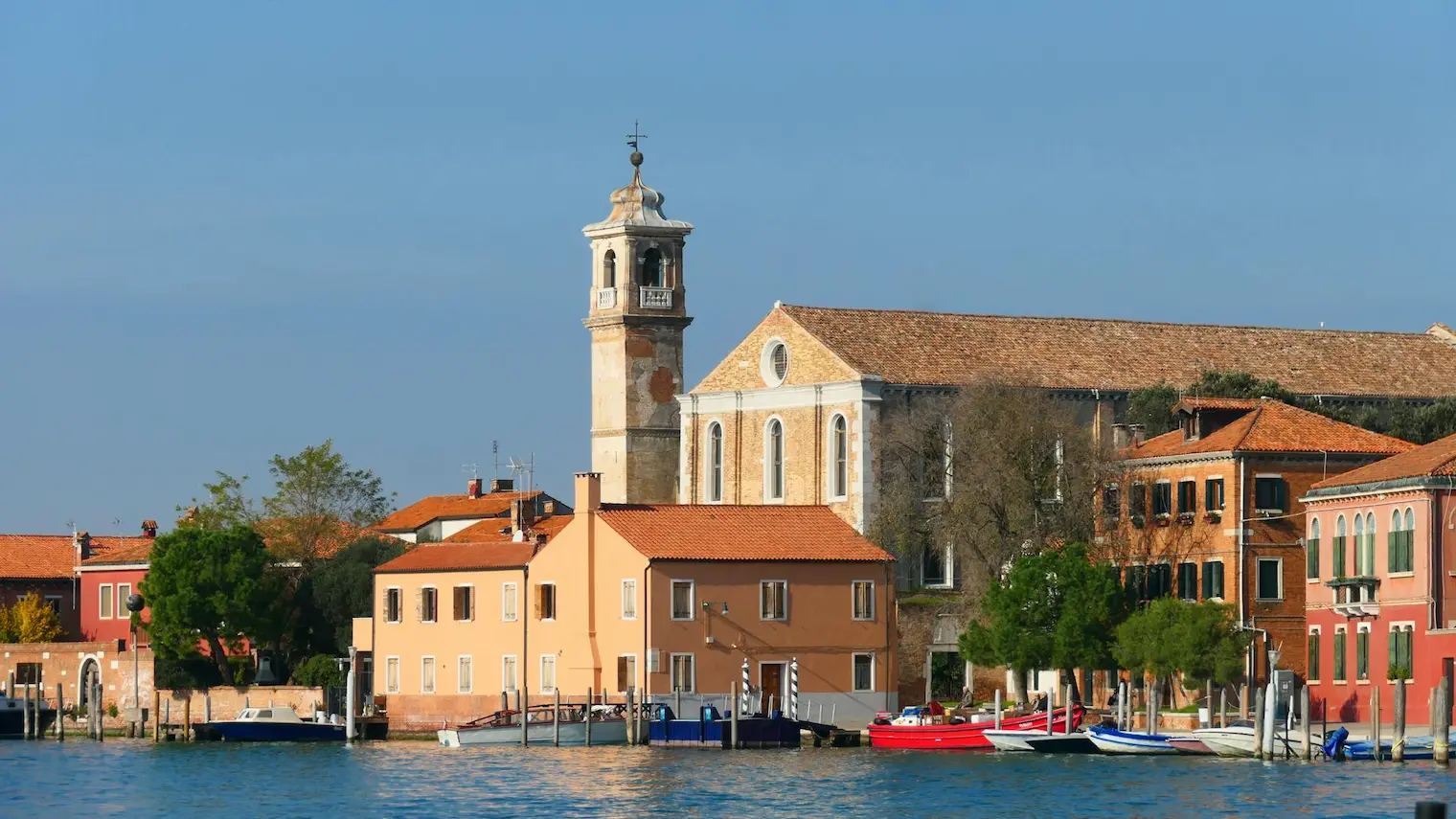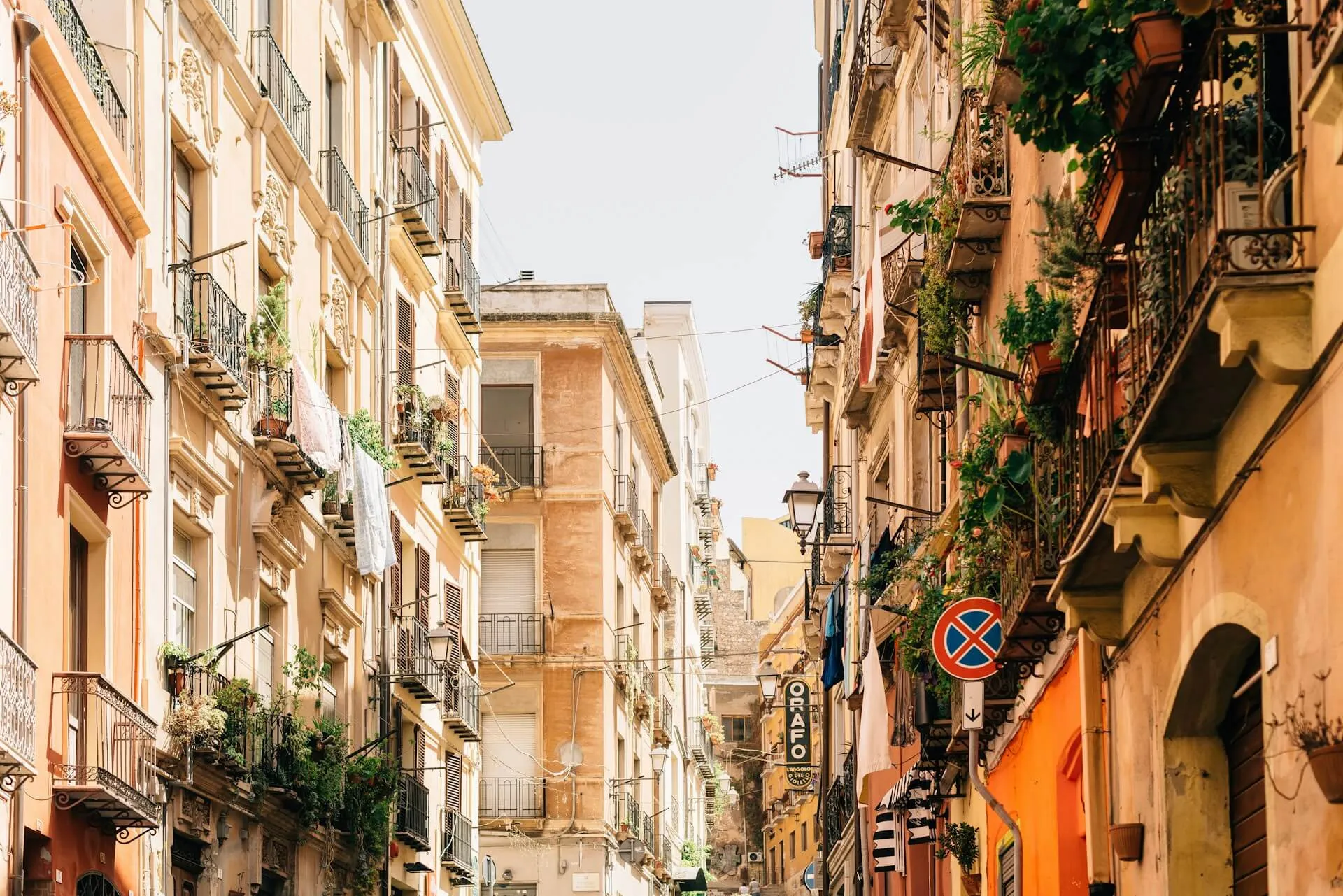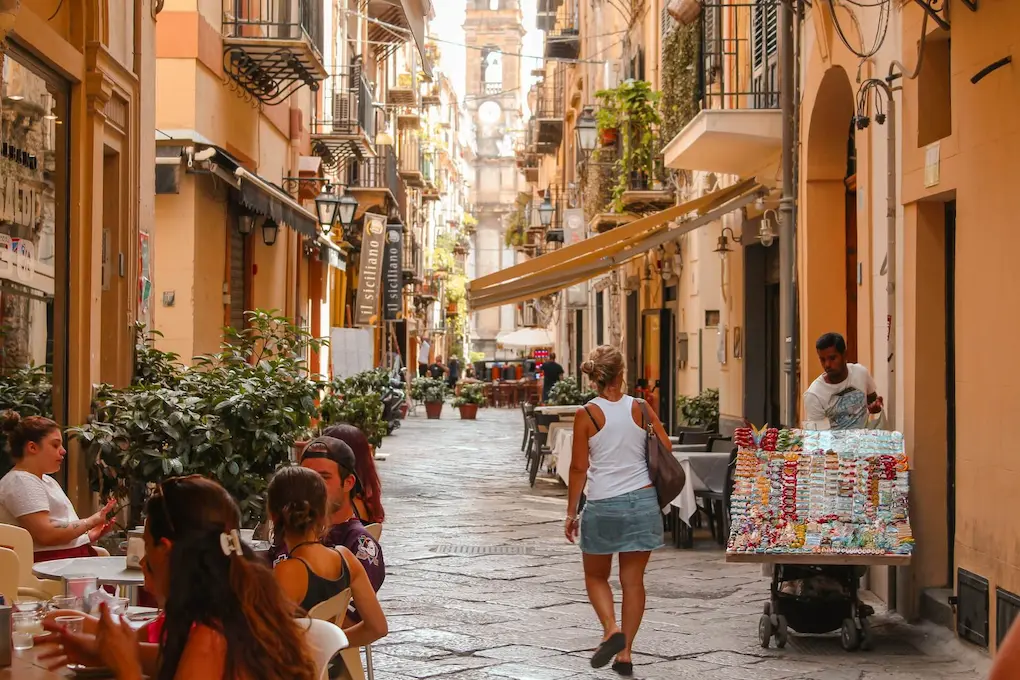
The Roman dialect, or Romanesco, is the language spoken in the city of Rome, the capital of Italy, and throughout the Lazio region
Italy is a country with many different languages and dialects. One of these is Lombard, spoken in Lombardy and in Milan

Whether you're strolling through Bergamo’s old city, visiting Milan, or arguing about the Inter Milan derby, using a few dialect words can help you sound more like a local. Whether you want to travel to Lombardy or simply impress your friends, here’s a quick guide to speaking like a true Lombard.
The Lombard language is a Romance language spoken mainly in the northern region of Lombardy, but it’s not just one dialect, rather, it’s a continuum of closely related dialects. It is also spoken in parts of Piedmont (in the provinces of Novara and Verbano-Cusio-Ossola) and small areas of Trentino (Val di Sole, Val di Non). It is also spoken in the Swiss canton of Ticino, in a variety with its own characteristics known as Ticinese, and in parts of the neighboring canton of Grisons (Graubünden).
Across the region (and neighboring Lombard-speaking areas of Switzerland), Lombard is being replaced by Italian and is now mainly used in informal conversations. In Milan, this is particularly true: the Lombard language (specifically Milanese) is no longer commonly spoken, especially among younger generations. Most people in Milan now speak Standard Italian in daily life. Milanese Lombard survives mainly among older speakers (those born before the 1950s–60s) and some families who pass it down informally.
The Lombard language takes its name from the Lombards (Longobards), a Germanic people who invaded and settled in northern Italy in the 6th century CE. The region where they established their kingdom eventually became known as Lombardy (Lombardia in Italian). Over time, the language spoken in that region, developed from Latin with influences from the Lombards’ Germanic tongue, came to be called Lombard.
The Lombard language has its own unique pronunciation rules. While we won’t cover everything here, we will focus on the most important sounds. One of the most distinctive features of Lombard is the open e vowel, which gives the dialect its characteristic tone. You can often hear this sound not only when Lombard people speak their dialect, but also when they speak Italian, giving their speech a recognizable regional flavor. Another notable feature of Milanese pronunciation is the long uu sound, pronounced similarly to the German ü with an umlaut. This sound is particularly distinctive and rarely found in other Italian languages
In Standard Italian, using articles with proper names is not allowed. However, Milanese often does this, so you’ll hear people say la Maria or la Giorgia instead of just Maria or Giorgia. Be careful, though, they never use it when speaking directly to the person.
Here are a few essential Lombard expressions. The table also provides their equivalents in standard Italian.
| Lombard Phrase | Italian | English Meaning |
|---|---|---|
| Uela | Ciao | Hello |
| bondì | Buongiorno | Good morning |
| bona sira | Buonasera | Good evening |
| grazia | Grazie | Thank you |
| per piaxer | Per favore | Please |
| Mi vivo a Milan e ti? | Vivo a milano e tu? | I live in milan and you? |
| Parlet lombard? | Parli Lombardo? | Do you speak Lombard? |
| Comè steet? | Come stai? / Come va? | How are you? |
| Mi sto ben, e ti? | Sto bene, e tu? | I’m well, and you? |
| Comè qe ta se ciamet? | Come ti chiami? | What’s your name? |
| Me ciamo Paolo | Mi chiamo Paolo | My name i Paolo |
| Ta vegnet de indovè? | Di dove sei? | Where are you from? |
| Son de Brescia | Sono di Brescia | I am from Brescia |
| G'ho minga capì | Non ho capito | I don’t understand |
| L'omm | L'uomo | Man |
| La dona | La donna | Woman |
| Bagài / Matel | Ragazzo | Boy |
| Tusa / Bagaja | Ragazza | Girl |
These are some common Lombard and Milanese terms and expressions you’ll hear often. We’ve chosen the Lombard words that are most popular, or that have become well-known outside Lombardy and are even heard in Standard Italian.
The classic Milanese shout to get someone’s attention. It works in almost any situation, whether you’re greeting someone or expressing surprise. t’s similar to saying Hey! in English
In Lombard, the word pirla is a slang term that roughly translates to fool or idiot, though it carries a teasing, almost affectionate tone in most contexts. It’s commonly used among friends to lightly insult someone for making a silly mistake, similar to calling someone a moron or dummy in English. For example, after dropping a coffee, a friend might say, Sei un pirla! (You’re such an idiot!). While generally mild, the impact of the word depends entirely on tone, context, and the relationship between speakers
Dané (sometimes spelled danée) is the Milanese word for money, deriving from the same Latin root as Italian denaro and Latin denarius, a Roman coin. It shares linguistic ancestry with French denier, Catalan diners, and Spanish dinero, all meaning money. For example: Non ho abbastanza dané per il pranzo! (I don’t have enough money for lunch!). Another common synonym in Milanese dialect is sghei, often used interchangeably in informal speech.
Sciur means Mister, Sir, or gentleman, while Sciura means Madam, Mrs., or lady. They’re still used every day in Milan and much of Lombardy, even by people who don’t speak the full dialect. They are the equivalents of Standard Italian signore and signora. Fun fact, Before it became the symbol of Christmas for everyone, panettone (the traditional Milanese Christmas sweet bread, tall and fluffy, made with butter, eggs, sugar, and raisins or candied fruit.) was known in Milan as pan de sciori (or pan de schiuri), meaning bread of the rich. Made with butter, eggs, sugar, and raisins, it was a luxury food at a time when such ingredients were expensive and rare.
Cadrega literally means chair in the Milanese dialect, but it became iconic thanks to a famous scene in a film by Aldo, Giovanni e Giacomo, a beloved Italian comedy trio
Scighera means fog, mist, or haze, especially the thick, damp kind typical of the Po Valley around Milan. For example: Gh’è la scighera stamattina There’s fog this morning.
A slightly snobbish and playful Milanese term, giargiana is used to describe outsiders—people who are unfamiliar with the city’s local customs, habits, or unwritten social rules. It carries a tone of mild condescension, highlighting the pride Milanese people take in their city’s unique lifestyle. This word is often used when someone unintentionally annoys locals, such as getting lost in the narrow streets of the city center
Bigiare (or bigià, bigiàa depending on dialect variation) is a classic piece of Milanese slang that means to skip school or work. Essentially, it is the Lombard equivalent of the Italian phrase marinare la scuola. For instance, a teen might say, Oggi bigio la scuola, Today I’m skipping school, or adults might jokingly refer to taking a mental health day at work.
Literally translated as Go catch the rats, this colorful Milanese expression is a local way of telling someone to get lost or go to hell, similar to the Italian vai a quel paese. It is often used when someone is particularly irritating or frustrating, and while it sounds humorous, it can carry a sharp edge depending on context. The origin of this phrase is uncertain, but it likely stems from the idea of sending someone off to an unpleasant or pointless task
Schiscetta is one of the most famous Milanese words. It means lunchbox or a meal brought from home. For example: Oggi porti la schiscetta in ufficio? Are you bringing your lunchbox to the office today?
Ciulare is a crude but widely understood verb in Milanese dialect that primarily means to steal, but it can also be used as a vulgar slang term for sexual intercourse. This dual meaning makes it a word that requires careful consideration before use, as it can easily offend. While rarely appropriate in formal settings, ciulare can appear in humorous contexts, or in jokes among friends,
In Lombard, especially Milanese, the word baùscia describes a person who likes to boast and show off, someone confident to the point of arrogance. It often carries a teasing or mocking tone and can suggest a snobbish attitude rather than real elegance. Over time, the term also became part of Milan’s football culture: Inter supporters are traditionally called baùscia, in contrast to AC Milan fans, known as casciavìt (screwdriver ). Today the word is mostly used jokingly, mixing local identity, humor, and a bit of rivalry.

The Roman dialect, or Romanesco, is the language spoken in the city of Rome, the capital of Italy, and throughout the Lazio region

Discover the Venetian language, the unique language you will hear if you walk through the streets of Venice

When you think of the Italian language, Italy is likely the first place that comes to mind. However, Italian is spoken in several other countries around the world

Italian slang shows how people really speak in everyday life—on the streets, online, and among friends

When you think of the Italian language, Italy is likely the first place that comes to mind. However, Italian is spoken in several other countries around the world